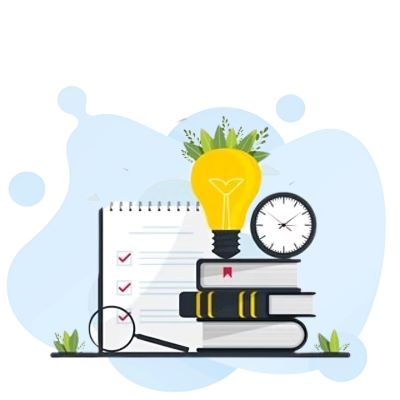
The CTBS (Comprehensive Test of Basic Skills) measures how well students know key subjects. It looks at reading, math, language arts, science, and social studies. It’s used by teachers and parents to help kids learn better and see how they’re doing over the years. Every student from kindergarten to 12th grade take the test, but the topics change based on age.
Students show what they know about reading, word meanings, sentences, and listening. They also use math to solve problems. By getting to know about the CTBS, kids and their families can get ready for it and understand their scores better.
The CTBS is a common test for kids from kindergarten to 12th grade. It checks how well they know basic subjects like reading, math, language arts, science, and social studies. This test offers a look at what students are good at and where they need help.
The CTBS has many parts that test different skills and knowledge. These parts change as students move to the next grade. This way, the test always matches what students are supposed to learn.
Kids from kindergarten to 3rd grade will take CTBS tests on many topics. This includes topics like reading, vocabulary, and math skills. For grades 4-8, the test covers more areas, such as reading and math problem-solving.
The CTBS fits each grade level from kindergarten to 12th grade. Each level has its own test parts. This helps see how well students are learning at their grade level.
The CTBS (Comprehensive Test of Basic Skills) evaluates students’ skills in many academic areas. These include reading comprehension, math, language arts, science, and social studies. It helps educators and parents to support student learning and track progress.
The reading comprehension part of the CTBS looks at a student’s ability to understand what they read. It includes reading passages and then answering questions. This helps teachers and parents see how well a student can read and understand.
The math part of the CTBS looks at how well a student knows different math topics. It covers things like adding, subtracting, multiplying, and dividing. It also looks at how well students can use math to solve problems and understand data.
The language arts part of the CTBS tests grammar, spelling, and how well students communicate in writing. It checks if students know the rules for writing and if they can express themselves clearly. This gives insight into how a student is doing in their studies.
The CTBS also looks at students’ knowledge of science and social studies. The science part covers life science, physical science, and more. The social studies part checks how well students can use information from different sources. Together, they give a broad view of a student’s learning.
| Subtest | Grades K-3 | Grades 4-8 |
|---|---|---|
| Reading | Reading, Vocabulary, Word Analysis | Reading Comprehension, Vocabulary |
| Language Arts | Language, Listening | Punctuation, Capitalization, Spelling, Reference Materials, Usage and Expression |
| Mathematics | Math Concepts, Math Computations, Math Problems | Math Computation, Math Concepts and Estimation, Math Problem Solving and Data Interpretation |
| Science | Science | Science |
| Social Studies | Sources of Information | Maps and Diagrams |
The CTBS (Comprehensive Test of Basic Skills) is a test many schools use. It checks students’ skills and knowledge in various areas like reading and math. It gives educators and parents a good look at how well a student is doing and where they might need help. This helps them shape specific plans to improve learning.
Knowing what’s on the CTBS test is really important. It helps students and families get ready for it and understand the results. This way, everyone can use the test’s information to do better in school. For kids from kindergarten through high school, the CTBS is a key test to see how they’re learning and growing.
The CTBS’ insights are vital. Educators and parents can team up, using this information to help students succeed. It boosts how well everyone does in school and is a way to measure student success.